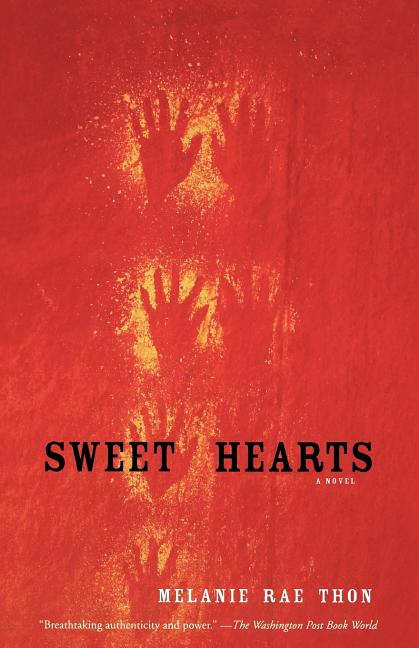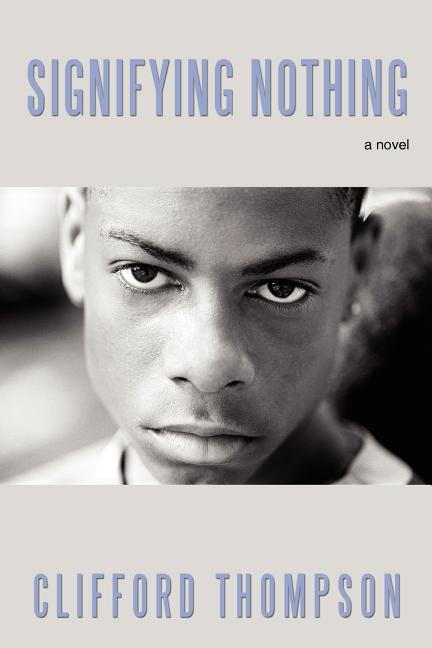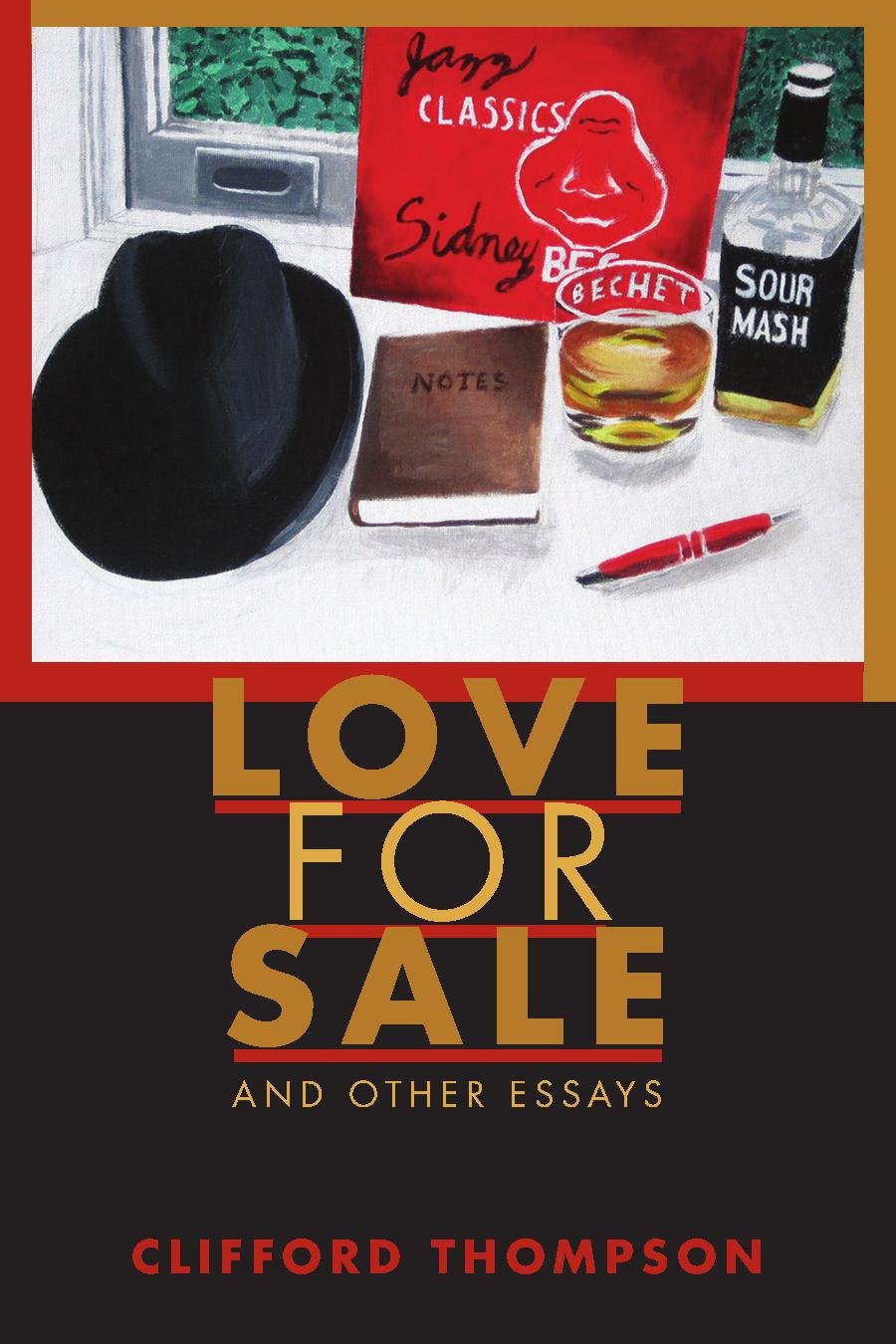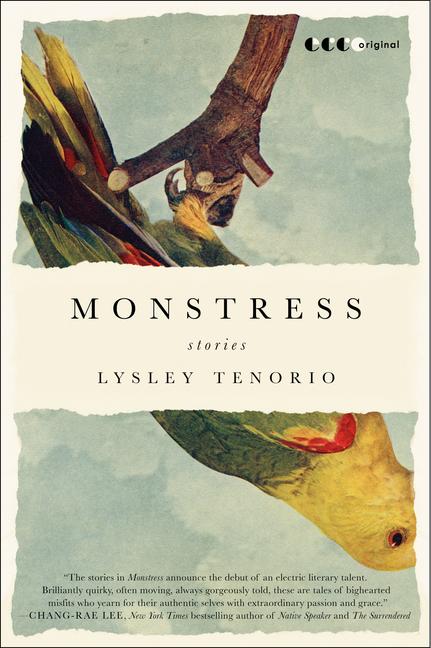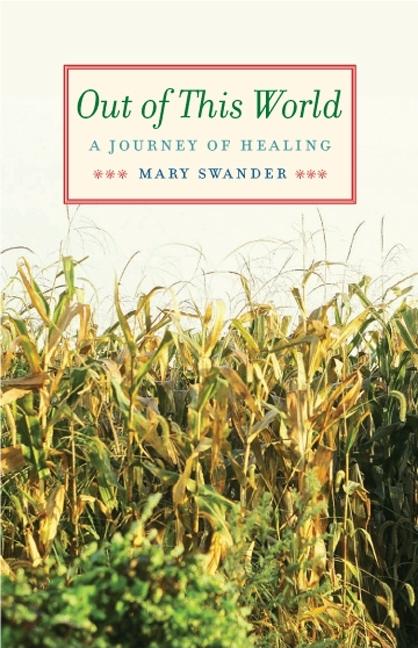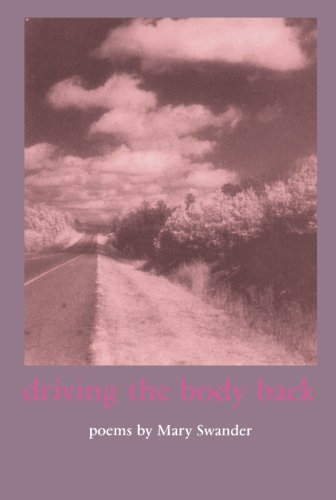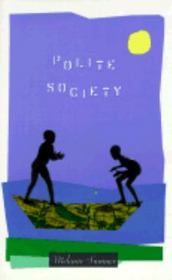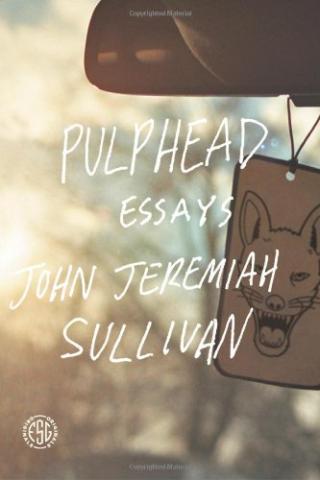A fusion of family myth with American History, Sweet Hearts is set in the wild and beautiful plains and forests of Montana and recounts the searing story of a brother and sister haunted by their family's turmoil and half-forgotten heritage. At sixteen, Flint has already spent eight years in detention. Part child, part full-grown criminal, he comes home to the one person he loves, his little sister, Cecile. Together they carry out petty thefts, steal their mother's car, and head south to the Crow Reservation. On ancestral land, Flint commits an act of violence that brings down the world around them. Is Cecile Flint's accomplice, or is she his hostage? Only the narrator, the children's deaf aunt, understands the strange logic of their crimes.
